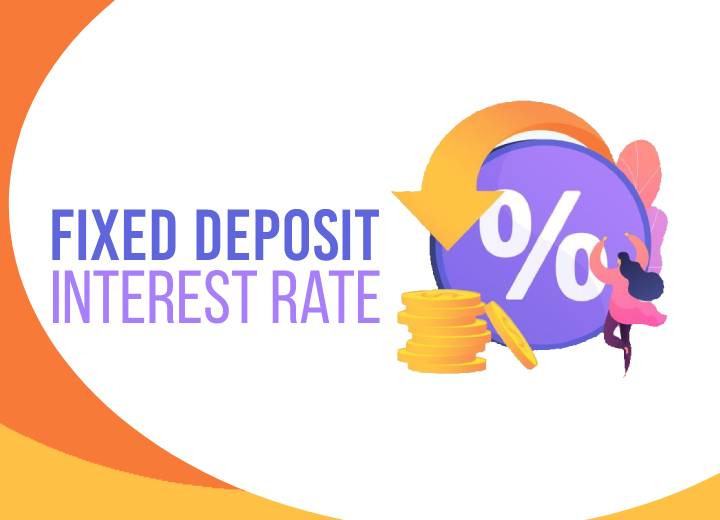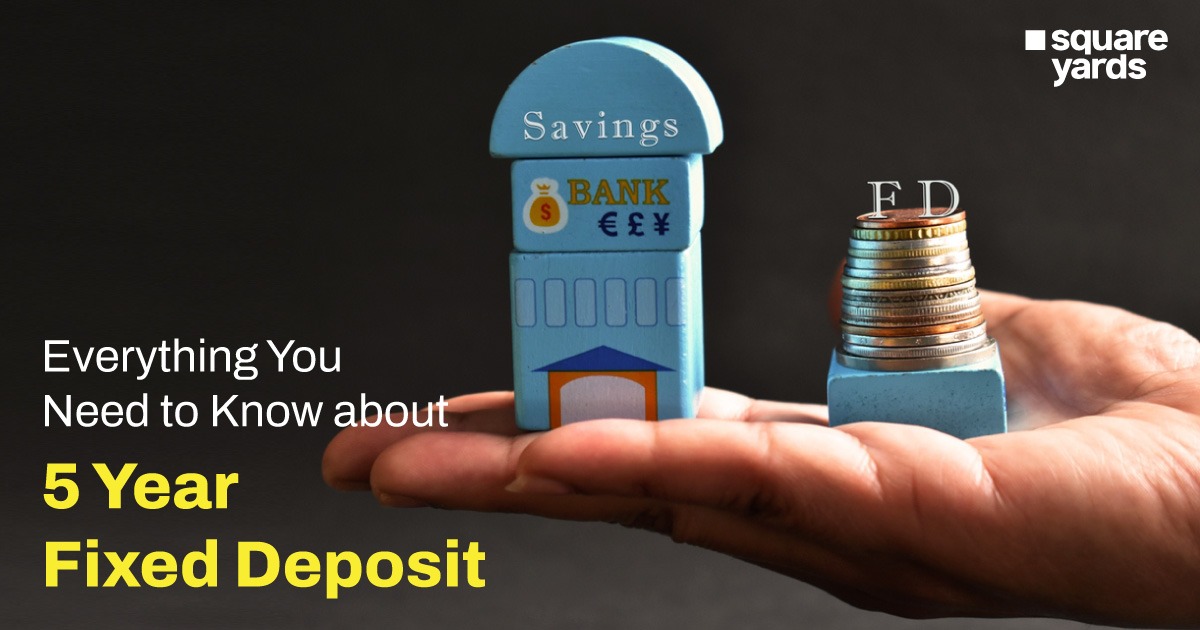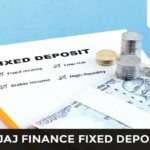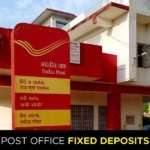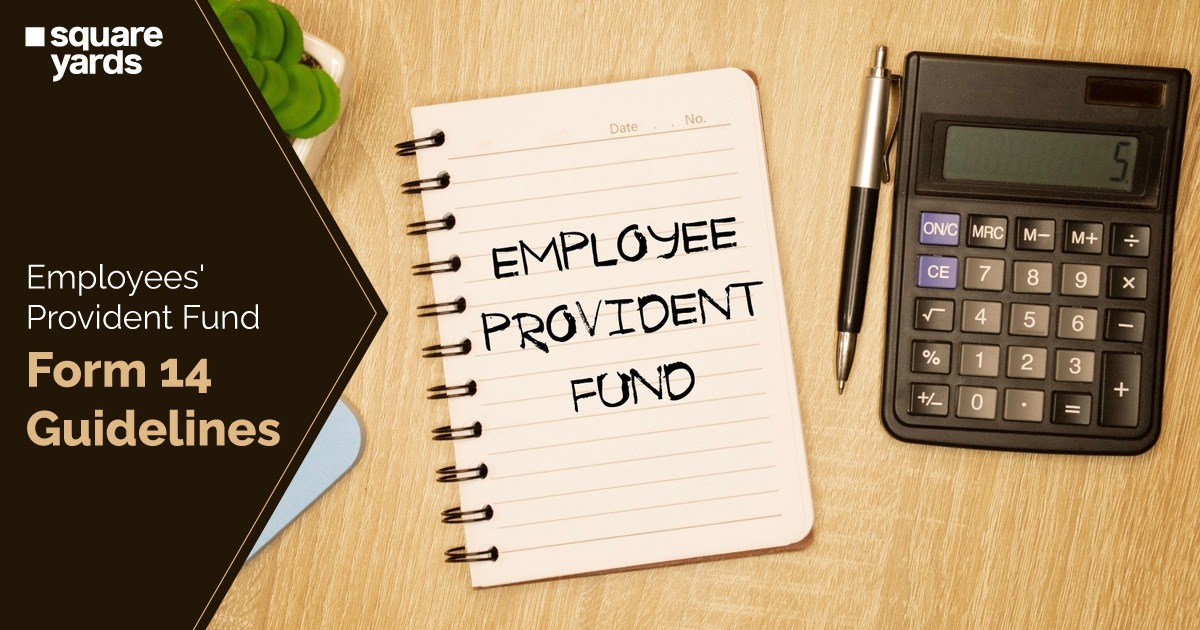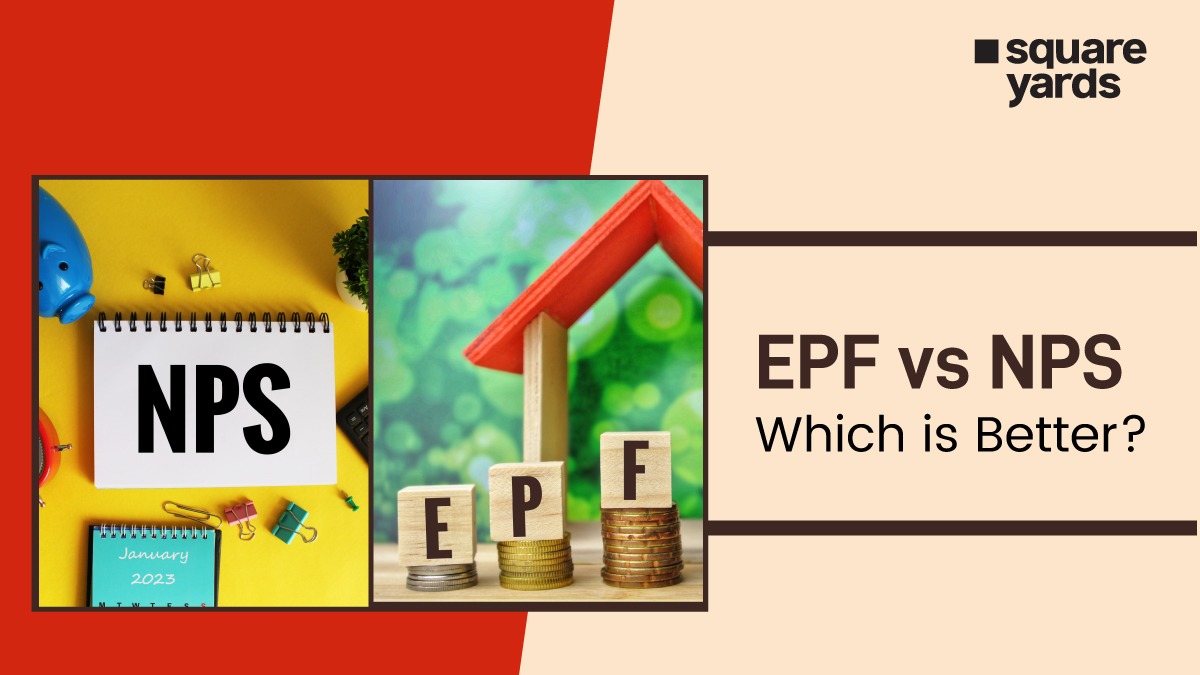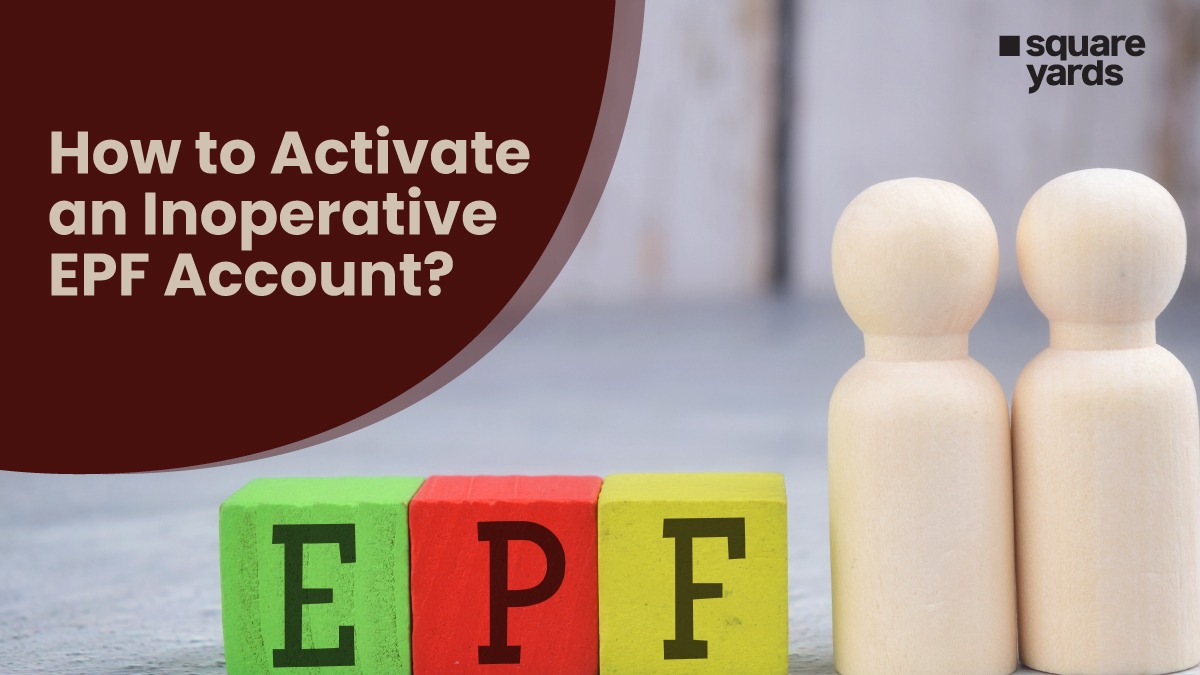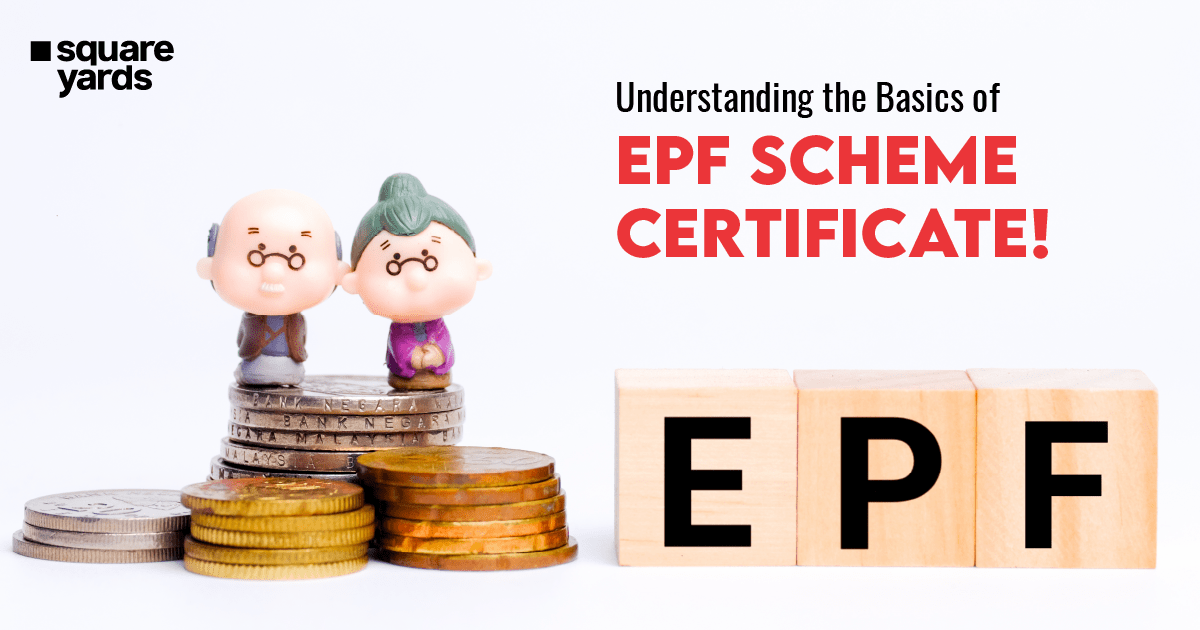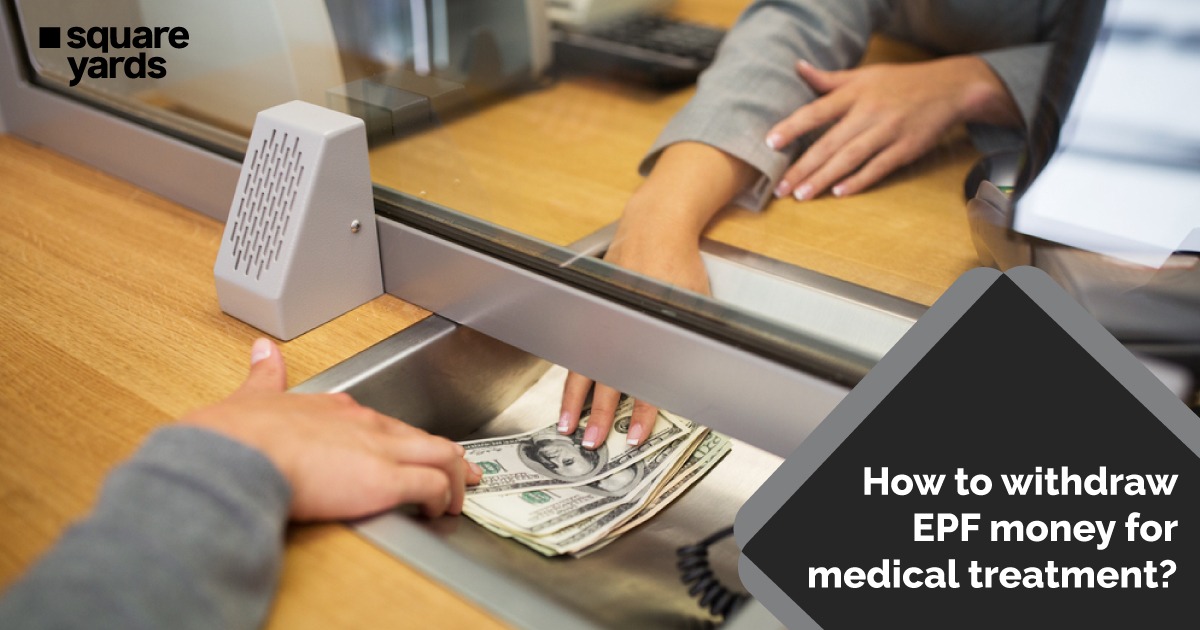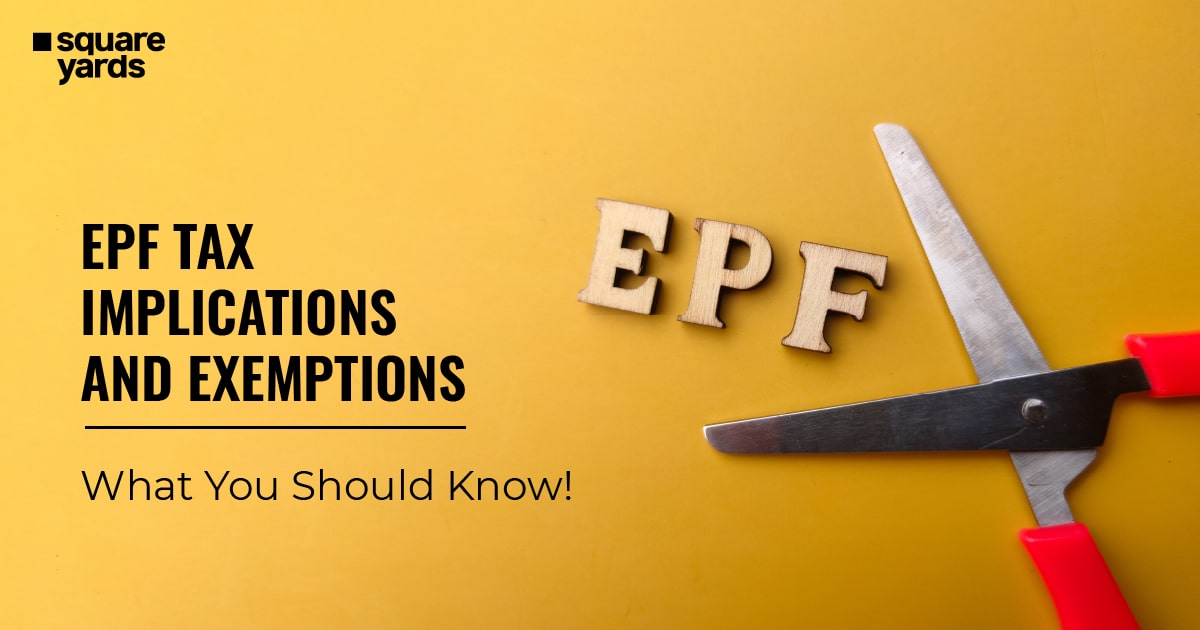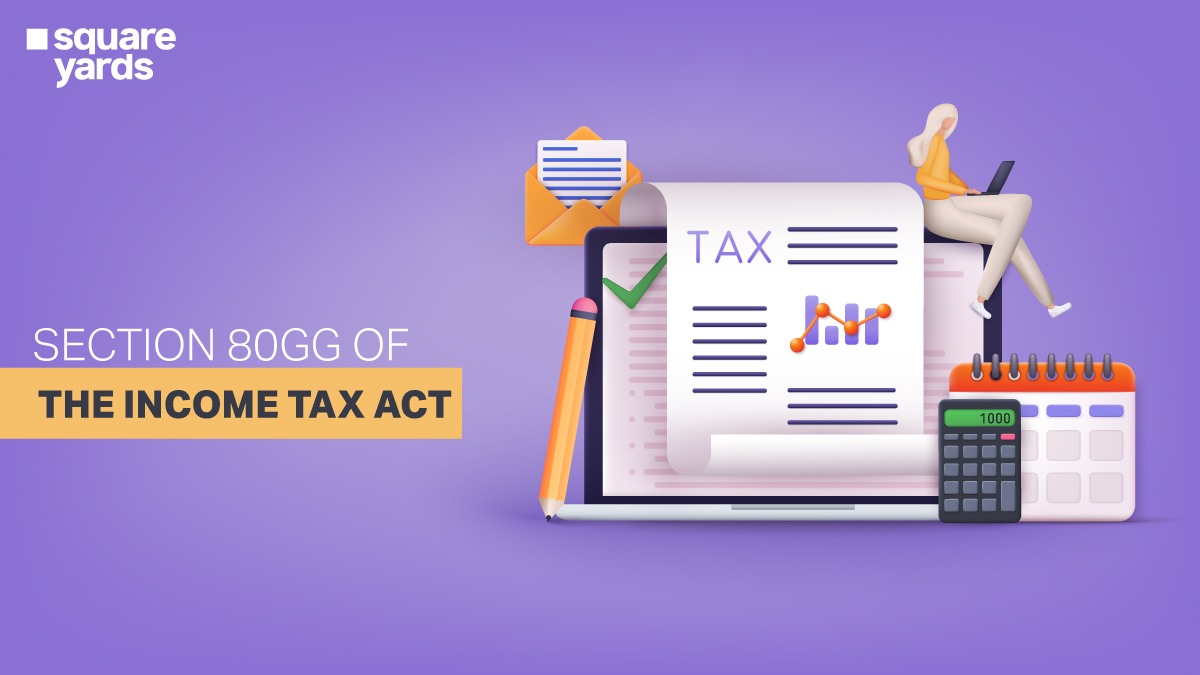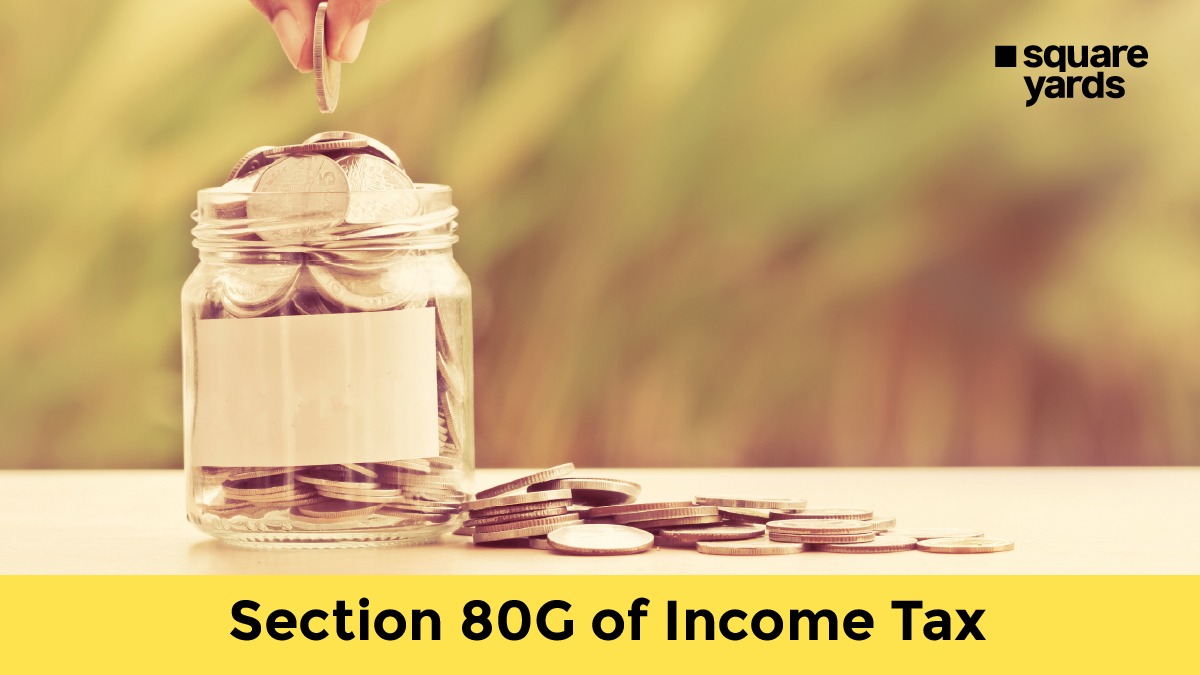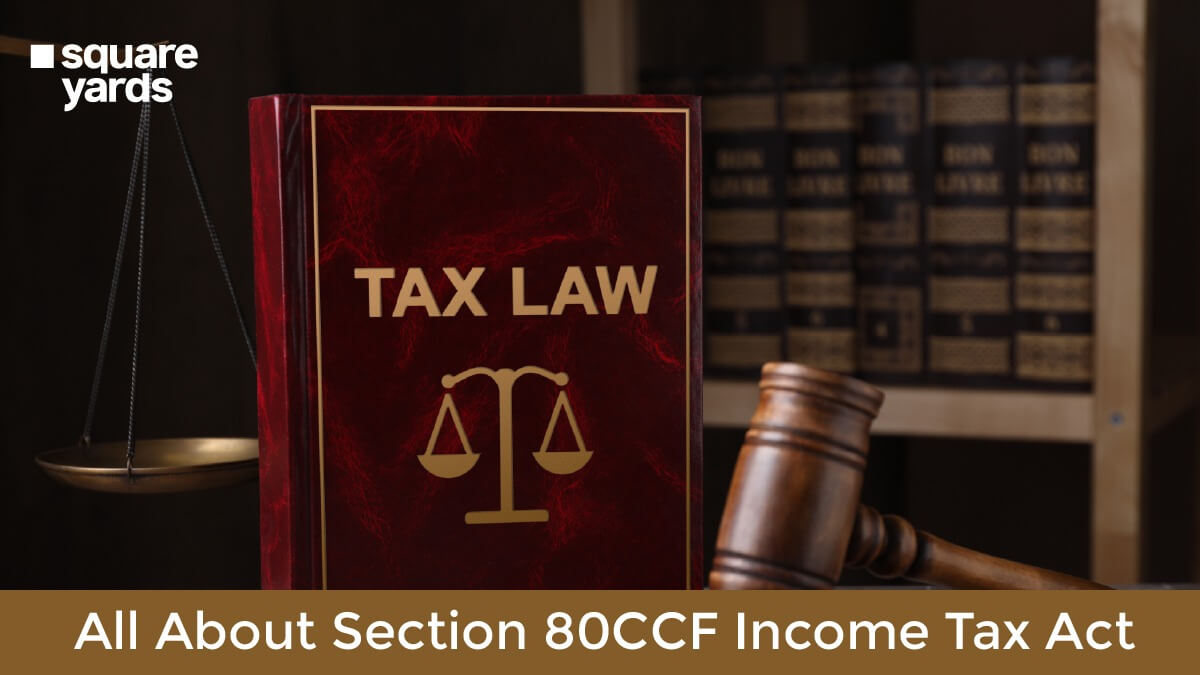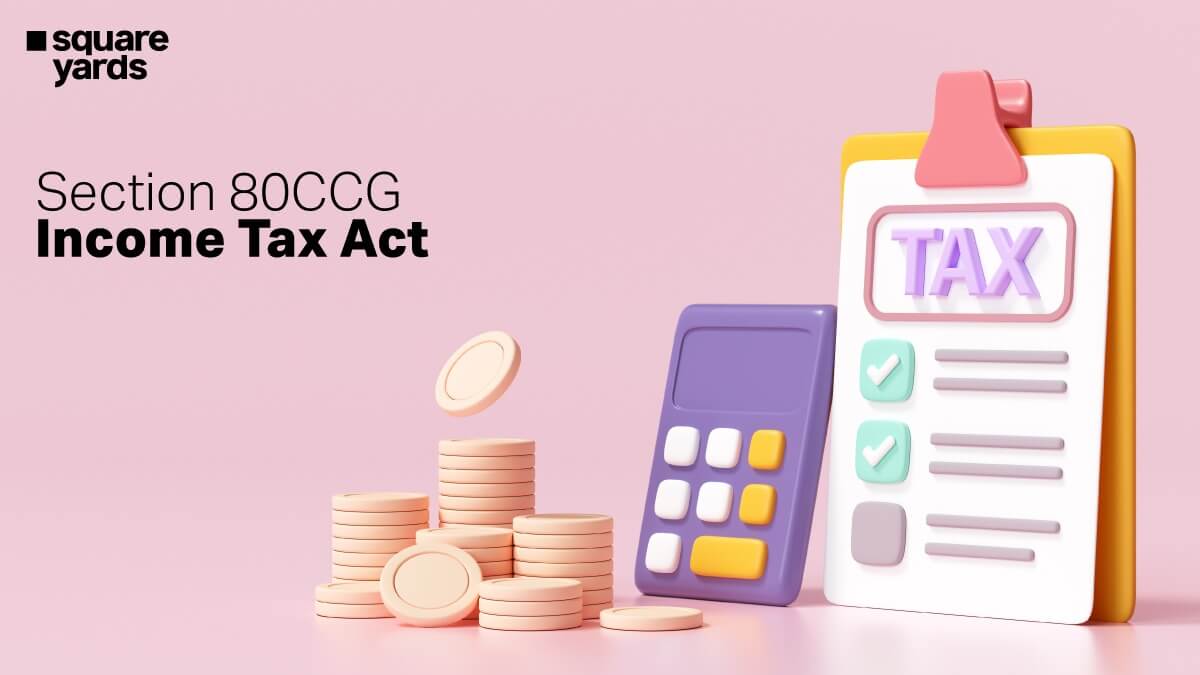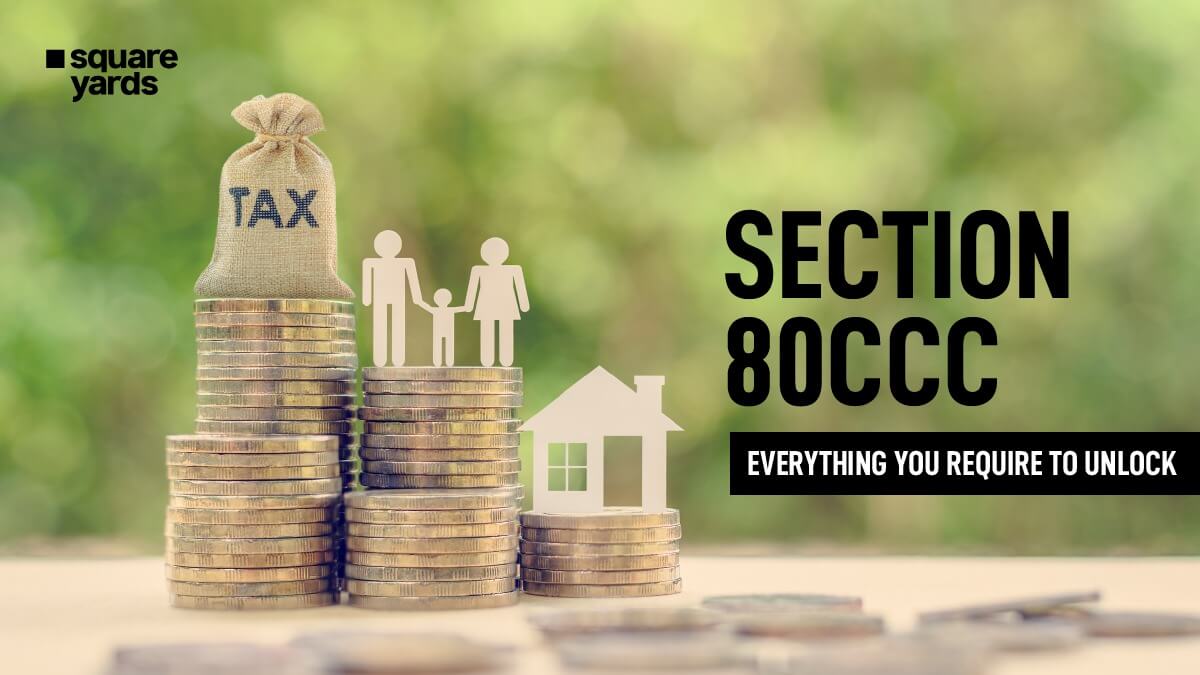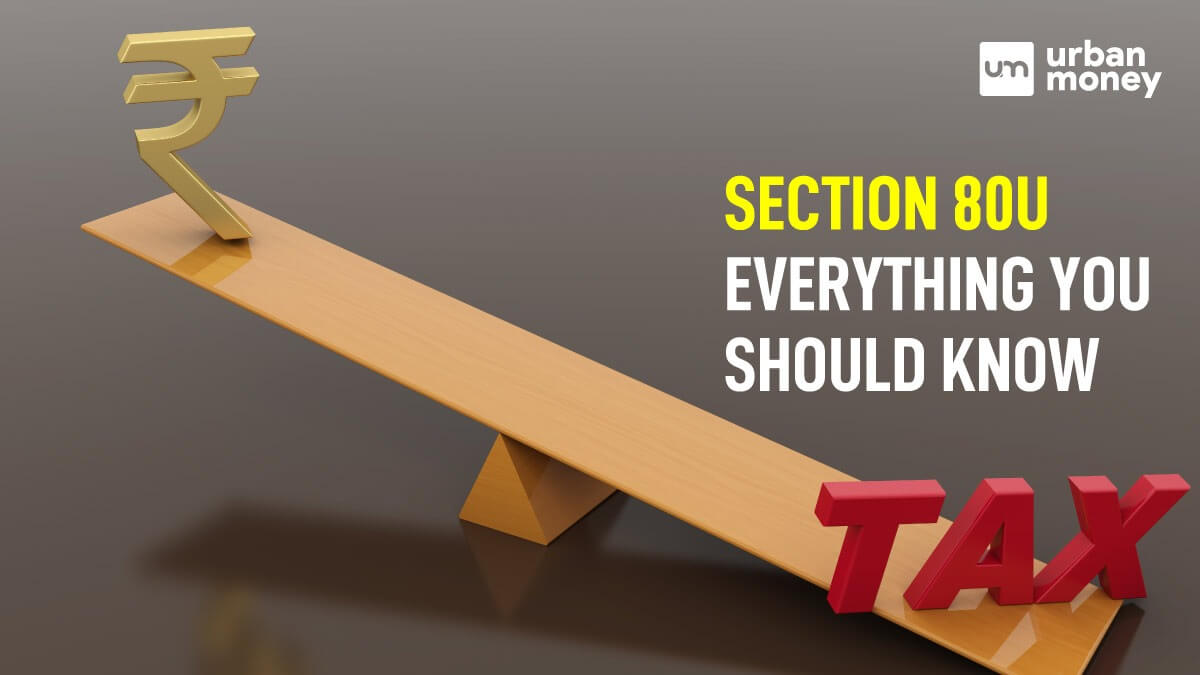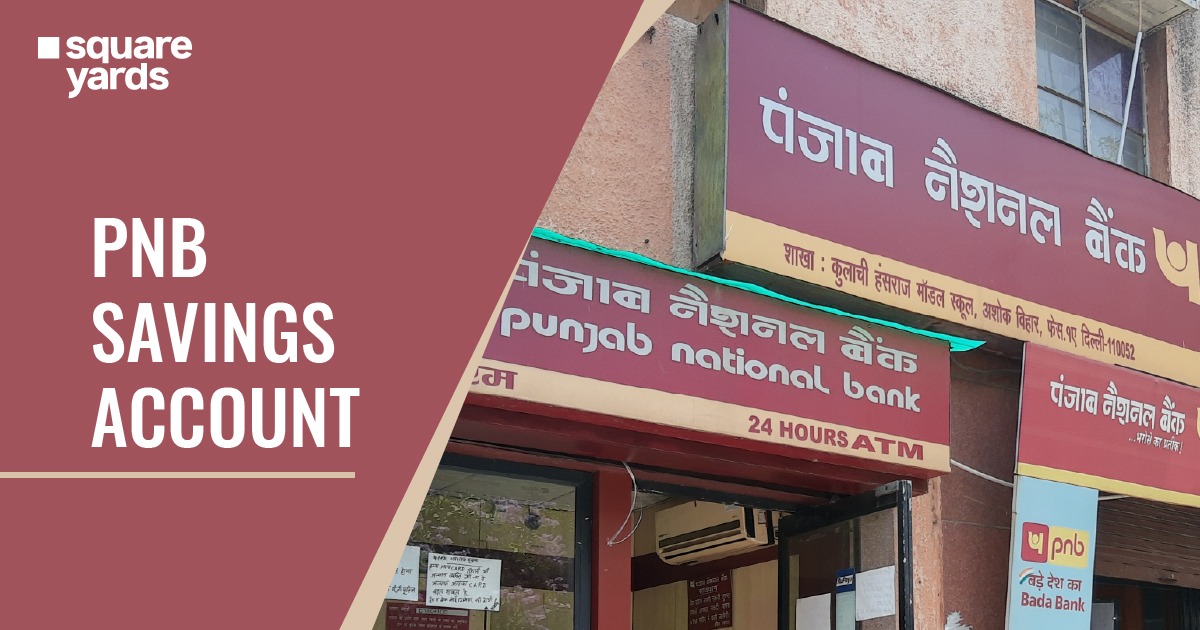Fixed Deposits, also addressed as term deposits, or time deposits, is a financial implementation, being offered by the banks, NBFCs ( Non-Banking Financial Companies), or post offices. The tenure of the Fixed Deposit might last seven to ten years, where one can invest for a fixed period and earn returns accordingly. The interest rate on FDs varies depending upon the fixed deposit provider, currently ranging between 1.75%-6.75%. Since the government insures deposits up to 5,00,000, FD becomes a safe investment option.
Table of contents
Facts and Benefits of Fixed Deposits
Fixed Deposits can be an excellent savings option in case you are looking for a savings option, guaranteeing a risk-free growth of your funds, this can be a good option for future savings and a promising retirement.
- Higher Returns from Company FDs: Both banks and NBFCs offer Fixed Deposits, but banks become an inferior option because of the low interest rates that they offer and at this point, the companies take away the benefit and offer a better interest rate, which means that the investment can be multiplied and can get better returns at a particular tenure.
Opening a company Fixed Deposit with Bajaj finance makes you avail advantages like flexible tenor, higher interest rate, and minimal investment amount. - Higher interest rates can be availed by Senior Citizens: Senior citizens avail a higher rate of return on their investments. Bajaj finance is one of the priority companies because they offer one of the highest interest rates along with additional rates for senior citizens, which in turn makes financing and saving unproblematic and comfortable. Further benefits include non-cumulative Fixed deposits.
- Getting a loan against your fixed deposit: Unexpected expenses can arise any time which might lead to some unwanted circumstances. Financing all your expenses via a loan against a Fixed Deposit wouldn’t require instant liquidation of investments and one can conveniently opt for a low-interest loan.
- Using investments to save on taxes:
Following the income tax regulations, the interest incomes up to an amount of 5000, are tax free from the company fixed deposits. If the total taxable income is less than the taxable amount (including the interest from FDs), submission of 15H/15G can be done in order to pay nil tax on this amount. - Payment of TDS must be made by the first account holder in case of any joint accounts:
One can opt to open a joint account with their family members including mother, siblings, or spouse. Anyway, in this scenario, the Tax Deduction Source (TDS) would be paid by the first account holder over the returns. In the same way, interests made are also paid to the same account holder’s account.
Planning your finances is something crucial and trustworthy sources including Bajaj Finance can be one of your bids in this process and there are many online calculators and portals for the same purpose.
Types of Fixed Deposits
While investing in any Fixed Deposit offered by a financial institution, you are offered various Fixed Deposit Interest Rates and you can go for an option that suits your requirements. Listed below are the types of Fixed Deposits, offering you a better understanding of the same.
- Regular Fixed Deposit – In this case, one can invest their funds for a fixed period fom 7 days to 10 years as per the tax slab rate and can opt for cumulative and non-cumulative FDs, on the basis of their requirements.
- Tax-Saving Fixed Deposit – Under the section 80C, one can earn tax deductions up to 1.5 lacs and the tax-saving deposits are invested for a lock-in period of 5 years.
- Senior Citizen Fixed Deposit – There are certain benefits when it comes to investing in senior citizen fixed deposits which includes having a higher rate of interest on these deposits.
- Flexi Fixed Deposit – This type of fixed deposit combines features of savings or current account and fixed deposit. The excess amount is transferred to fixed deposits from savings amount via the auto-sweep facility.
For opening a fixed deposit account, you must satisfy the RBI mandated KYC guidelines and need documents including the address proof, identity proof, and signature proof. For more information and cross-checking, one must consult the concerned bank.
Factors Affecting FD Interest Rates
The factors that affect FD Interest Rates:-
- Deposit Amount: Higher the deposit amount, higher the interest rates. The interest rate values would depend on the amount deposited and would increase especially for bulk amount of 1 crore or more.
- Deposit Tenure: The interest rate would also depend on the tenure of the Fixed Deposit. The duration of the tenure would directly affect the interest rate. For example: Lower the tenure, lower would be the interest rate.
- The Type of Depositor: The interest rate is also dependent on the type of depositor. For example, the additional interest rate for senior citizens typically lies between 0.25%-0.50%.
Under certain circumstances including conditions like high inflation, the Reserve Bank of India comes ahead adopting key monetary policies which are responsible for regulating the available credit in the country. Repo rates are basically the rates at which the central banks lends funds to several other banks around the country and the RBI hikes them under such conditions. Gradually, the banks raise their FD rates and the Cash Reserve Ratio fetches more liquidity into the system.
There are several banks that cut interest rates on FDs in selective maturity cases and the CRR cut also has a large term impact on the interest rates. Although, the CRR cut largely impacts the home loans segment.
There are indeed several factors influencing the banks to variate (increase or decrease) the FD rates such as following:-
- Linkage of Inflation Rate and Deposit Rates – Depositors should receive positive return via the banks and hence the investors should keep the rate of inflation in check which later affects the lending rates . Despite the negative returns that the depositors receive, with respect to the high inflation, banks tend to maintain the deposit rates and not raise them, because of the effect that it would have on the bottom line.
- Prevalent Scenario of Liquidity in the Country – Incase of adequate liquidity, banks disregard center on retail fixed deposits, focussing their needs in contrast to a tight liquid state where the banks have to involve their own bank deposits.
- Supply and Demand Conditions – Banks sometimes decrease their fixed deposit rates, when there is less demand for credits. On the other hand, banks tend to increase their FD rates, when there is high demand for credit.
- Banks tend to shorten their rates in the expectation of a lending rate cut.
- The amount of liquidity remaining in the market is determined by the falling call rates. For short term needs, the banks also borrow from the call market. In case the market is coming down at a lower rate, it lays an impact on the interest rates on the retail deposits.
- If the rate of FD is high, a brief revision of the basic retail loans can be done, but the chances are less unless the high-cost deposits are decreased. These banks usually trim interest rates when their funds costs plunge.
- For NIIM (Net Interest Margin), banks depreciate their FD rates in times of muted credit demand which affect loan yields.
Wise investors lock in ongoing interest rates by opting for fixed deposits ranging from three to five years before the banks sink their FD rates. People that come between 10.3% to 20.6% tax bracket can choose for similar schemes. On the other hand, some experts have come up with the concept of opting for multiple fixed deposits so that money can be withdrawn during a financial crisis, instead of going for a single FD with all the money in it. For e.g.: Prefer going with five Fixed Deposits of 1 Lakh each instead of choosing 1 FD for 5 lakhs. The investors are also free to opt for their first-year tax saver schemes, which offers around 8.75%-9% interest rate.
Summarizing:
Wise investors can freeze their interest rates by opting for five- and three-years FD before banks depreciate the rates. People in the range of 10.3% and 20.6% can look for such schemes. Division of funds and the money to be invested in the FD must be divided accordingly and in which the withdrawal would give you most profit and benefits.
Fixed Deposit Interest Rates 2023-24 for Less than 2 Crores
When it comes to a safe investment option, a fixed deposit interest rate can be one of the best ones to go for. This investment alternative guarantees persistent interest rates, various payment methods for interest, no market risks, FD interest rates for senior citizens, and income tax deductions.
Before renewing an existing fixed deposit or opening a new one, comparing and analysing the latest rates the leading banks offer is mandatory.
All these interest rates are being offered by the priority banks for tenures from 7 days to 10 years in the month of February 2023.
Indian Bank FD Interest Rates 2023 are as follows:-
|
Name of Bank FDs |
For General Citizens (p.a) |
For Senior Citizens (p.a) |
|
Yes Bank FD |
3.25% to 7.00% |
3.75% to 7.75% |
|
IndusInd Bank FD |
3.50% to 7.25% |
4.00% to 7.85% |
|
UCO Bank FD |
2.90% to 7.15% |
3.15% to 7.25% |
|
Central Bank of India FD |
3.00% to 6.75% |
3.50% to 7.25% |
|
Indian Bank FD |
2.80% to 6.50% |
3.30% to 7.00% |
|
Indian Overseas Bank FD |
4.50% to 7.00% |
5.00% to 7.50% |
|
Bandhan Bank FD |
3.00% to 8.00% |
3.75% to 8.50% |
Best FD Interest Rates in India Amongst Priority Banks
- Axis Bank- It offers an interest rate up to 6.50%, in case of senior citizens, and a rate of 5.75% p.a to general citizens for a tenure of 5 years or more.
- ICICI and HDFC Bank- The second highest rate of interest is 5.50% p.a being offered by the bank for a tenure of 5 years or more.
- SBI Bank- The third highest rate of interest is 5.40% p.a being offered by the bank for a tenure of 5 years or more.
- YES Bank- The highest rate of interest is 5.50% p.a being offered by the bank for a tenure of 5 years or more for general citizens, and at a rate of 7.25% for senior citizens.
- Bajaj Finance Limited guarantees assured returns and uniform growth in capital even in an unstable market. One can get handsome interest rates up to 6.75%, which would help you grow your savings and assets.
Interest Rates from Top NBFCs (Non-Banking Financial Companies)
These non-banking financial companies offer fixed deposit interest rates on their constant accounts. Following are the highest FD interest rates for tenures from 1 year to 5 years when the deposit amount is less than two crores.
|
Name of NBFC FD |
Tenure |
For General Citizens (p.a.) |
For Senior Citizens (p.a.) |
|
LIC Housing Finance FD |
12 months to 60 months |
7.00% to 7.50% (up to deposit of Rs.20 crore for cumulative) |
7.25% to 7.75% (up to deposit of Rs.20 crore for cumulative) |
|
PNB Housing Finance FD |
12 months to 120 months |
7.00% to 7.40% (cumulative) |
7.25% to 7.65% (cumulative) |
|
Shriram City Union Finance FD |
12 months to 60 months |
7.06% to 8.13% |
7.56% to 8.63% |
Highest 1-Year FD Rates Banks Offer
Here are the enlisted banks that offer fixed deposit interest rates on the largest scale as compared to other financial institutions, considering FD rates:-
|
Name of Bank |
For General Citizens (per annum) |
For Senior Citizens (per annum) |
|
DCB Bank |
7.25% |
7.75% |
|
Bank of India |
6.00% |
6.50% |
|
Karnataka Bank |
6.80% |
7.20% |
|
Bank of Baroda |
6.75% |
6.25% |
|
Canara Bank |
6.75% |
7.25% |
|
Union Bank of India |
6.30% |
6.80% |
|
Punjab and Sind Bank |
6.75% |
7.25% |
Highest 2-Year FD Rates Banks Offer
Come across the highest FD rates available by these bank rates for two years of tenure:-
|
Name of Bank |
For General Citizens (p.a.) |
For Senior Citizens (p.a.) |
|
IDFC First Bank |
7.50% |
8.00% |
|
IDBI Bank |
6.75% |
7.50% |
|
Union Bank of India |
6.30% |
6.80% |
|
Canara Bank |
6.80% |
7.30% |
Highest 3-Year FD Rates Banks Offer
Below are the highest interest rates for three years tenure that you must know:-
|
Name of Bank |
For General Citizens (p.a.) |
For Senior Citizens (p.a.) |
|
AU Small Finance Bank |
7.50% |
8.00% |
|
DCB Bank |
7.50% |
7.75% |
|
Bandhan Bank |
7.00% |
7.75% |
|
City Union Bank |
7.00% |
7.25% |
|
Karur Vysya Bank |
7.00% |
7.40% |
Best 5-year FD Interest Rates Banks Offer
Unlock the best five years Fixed Deposit rates provided by reputed financial institutes:-
|
Name of Bank |
For General Citizens (p.a.) |
For Senior Citizens (p.a.) |
|
IDFC First Bank |
7.00% |
7.50% |
|
Union Bank of India |
6.70% |
7.20% |
|
IDBI Bank |
6.25% |
7.00% |
|
Canara Bank |
6.50% |
7.00% |
|
Axis Bank |
7.00% |
7.75% |
|
State Bank of India |
6.25% |
7.25% |
Auto-Sweep Facility/Flexi Fixed Deposit
The facility of Auto-sweep or Flexi-Fixed Deposit offers the composite benefit of an assured and safe return with Fixed Deposits along with smooth liquidity of savings and current accounts. Following are the interest rates being offered by banks in the Flexi FD in India:
| Bank | Tenure | Interest Rates for Senior citizens (p.a) | Interest Rates for General citizens (p.a) |
| Axis Bank | 6 months to 5 years | 4.65% to 5.90% | 4.40% to 5.40% |
| State Bank of India | 5 years to 7 years | 6.20% | 5.40% |
| ICICI Bank | 1 year to 10 years | 5.40% to 6.30% | 4.90% to 5.50% |
Fixed Deposit Latest Interest Rates
| Bank Type and Name | 3 to 5 years | 2 to 3 years | 1 to 2 years | Less than 1 year |
| Foreign Banks | ||||
| Scotia Bank | 2.55 | 2.55 | 2.25 | 2.2 |
| HSBC | 4 | 4 | 3.75 | 3.1 |
| Citi Bank | 3.5 | 3.5 | 3 | 2.75 |
| Standard Chartered | 5.4 | 5.4 | 5.4 | 4.6 |
| DBS Bank | 5.5 | 5.5 | 4.75 | 3.5 |
| Deutsche Bank | 6.25 | 4.5 | 4.25 | 3.85 |
|
Public Sector Banks |
||||
|
Bank of India |
5.05 |
5.05 |
5.05 |
4.35 |
|
Canara Bank |
5.35 |
5.25 |
5.1 |
4.4 |
|
Indian Bank |
5.25 |
5.2 |
5.1 |
4.4 |
|
Bank of Maharashtra |
4.9 |
4.9 |
4.9 |
4.25 |
|
Indian Overseas Bank |
5.2 |
5.2 |
5.2 |
4.9 |
|
PNB |
5.25 |
5.1 |
5 |
4.4 |
|
Punjab and Sind Bank |
5.3 |
5.3 |
5.05 |
4.5 |
|
Union Bank |
5.4 |
5.3 |
5.1 |
4.4 |
|
State Bank of India |
5.4 |
5.3 |
5.1 |
4.4 |
|
UCO Bank |
5 |
5 |
5 |
4.7 |
|
Bank of Baroda |
5.25 |
5.1 |
5 |
4.4 |
|
Central Bank of India |
5 |
5 |
5 |
4.25 |
|
Private Sector Banks |
||||
|
HDFC Bank |
5.3 |
5.15 |
4.9 |
4.4 |
|
DCB Bank |
5.95 |
5.95 |
5.95 |
5.45 |
|
Axis Bank |
5.75 |
5.4 |
5.4 |
4.4 |
|
Catholic System |
5.5 |
5.25 |
5 |
4.25 |
|
Federal Bank |
5.6 |
5.35 |
5.35 |
4.4 |
|
IDFC First Bank |
5.25 |
5 |
4.75 |
4.5 |
|
IDBI Bank |
5.4 |
5.4 |
5.15 |
4.3 |
|
City Union Bank |
5 |
5 |
5.25 |
4.75 |
|
RBL Bank |
6.3 |
6.3 |
6 |
5.25 |
|
Dhanlaxmi Bank |
4.25 |
5.15 |
5.3 |
5.4 |
|
Induslnd Bank |
6 |
6 |
6 |
5.5 |
|
Kotak Bank |
5.3 |
5.3 |
5.15 |
4.5 |
|
Bandhan Bank |
5.25 |
5.5 |
5.5 |
4.5 |
|
ICICI Bank |
5.35 |
5.15 |
5 |
4.4 |
|
J & K Bank |
5.3 |
5.2 |
5.1 |
4.5 |
|
Karur Vysya Bank |
5.75 |
5.25 |
5.25 |
4.25 |
|
Karnataka Bank |
5.4 |
5.4 |
5.1 |
5 |
|
South Indian Bank |
5.65 |
5.5 |
5.2 |
4.5 |
|
Yes Bank |
6.25 |
6.25 |
6 |
5.25 |
|
TNSC Bank |
6 |
5.85 |
6 |
5.75 |
|
Tamilnad Mercantile Bank |
5.25 |
5.5 |
5.6 |
5.25 |
|
Small Finance Banks |
||||
|
Equitas Small Finance Bank |
5.75 |
6 |
5.85 |
4.85 |
|
Jana Small Finance Bank |
6.75 |
6.5 |
6.5 |
5.5 |
|
AU Small Finance Bank |
5.75 |
6 |
5.85 |
4.85 |
|
Suryoday Small Finance Bank |
6.75 |
7 |
6.5 |
5.75 |
|
Fincare Small Finance Bank |
6.75 |
6.5 |
6 |
5 |
|
Ujjivan Small Finance Bank |
6.25 |
6.5 |
6 |
4.75 |
Fixed Deposit Interest Rate Calculator
The interest rate that comes from the deposit amount are dependent on multiple factors including the rate of interest, the interest computation frequency, the tenure, the deposit amount, and taxes applied. One can calculate the returns and rate of interest using a Fixed Deposit calculator.
There are many calculators available online that can be used for the same purpose and the whole process becomes hassle free and easy. The user needs to enter the deposit amount, the tenure and select the type of FD( which can be reinvestment, quarterly, or monthly payment), the date of the account opening, the interest rate, and the investment amount.
You May Also Read
Frequently Asked Questions (FAQs)
Can I get monthly interest on FD?
Yes, you can get monthly interest on FDS, if you choose periodic pay-outs and opt for the monthly frequency. The money invested in FDs have you gain interest on principal deposit amount and can be obtained periodically.
Interest earned on 10lakhs?
For a non-cumulative, 12-month tenure for 10 lakhs, the bank would fetch you an amount of 4,291.67/month. As per the same rate, you would be able to earn 12,875 every three months, 25,750 every six months, and 51,000 annually.
Can we open FD for one year?
One year FD is one of the popular forms of investment, for those who are looking for earning handsome interest rates and keeping their money safe. 1 year tenure is also one of the short term tenures for earning returns on FDs.
Is a 7 day FD good?
A short term FD is a good option for investing. One can opt for a tenure anywhere from 7 days to 12 months. The interest rates might vary, based on the opted bank. One can begin with a minimum investment of Rs. 100, however, the return amount would be effected in obvious ways.
What is a monthly interest pay-out fixed deposit?
The monthly interest pay-out depends on the interest rate offered by the bank and the deposit amount.
What is the least amount required to be deposited in an FD account for interest rates?
The minimum amount can differ from bank to bank, which can be a minimum of Rs. 50.
Is FD Tax free?
Under 80C section of the Income Tax Act, 1961, a tax deduction is offered with the type of fixed deposit account you own. An investor can also claim a maximum amount of 1.5 lakh per annum. The interest earned is taxable
Is opening an FD worth it?
No doubt, Fixed deposits are the safer option because of the guarantee it comes with, but in reality when you invest your money in FD, for a period of time (5 years or more) the money composites at a lower interest rate.
Is FD a one time investment?
Yes, FD is a one-time investment and the tenure might vary from seven days to ten years. The return amount might also depend on the rate of interest offered by the bank which is 0.5% higher for senior citizens.
What is the maturity amount?
The amount which is due at maturity with respect to the Capital Appreciation Bond is the maturity amount. The interest and the principal amount due can be paid on its maturity date.
Is the Fixed Deposit Interest Rate variable?
The FD investors would be continuing for the interest rates to hike and increase in value according to the Reserve Bank of India, which has maintained that standing according to the same key rates. In this two-monthly monetary examination meeting held on October 8th, 2021, the Reserve Bank of India came upon the decision of not changing and altering the reverse repo rate.
Is it possible to withdraw the FD amount on a premature basis from a tax-saver term deposit?
No, one cannot prematurely withdraw a tax-saver term deposit due to a lock-in tenure of 5 years.


